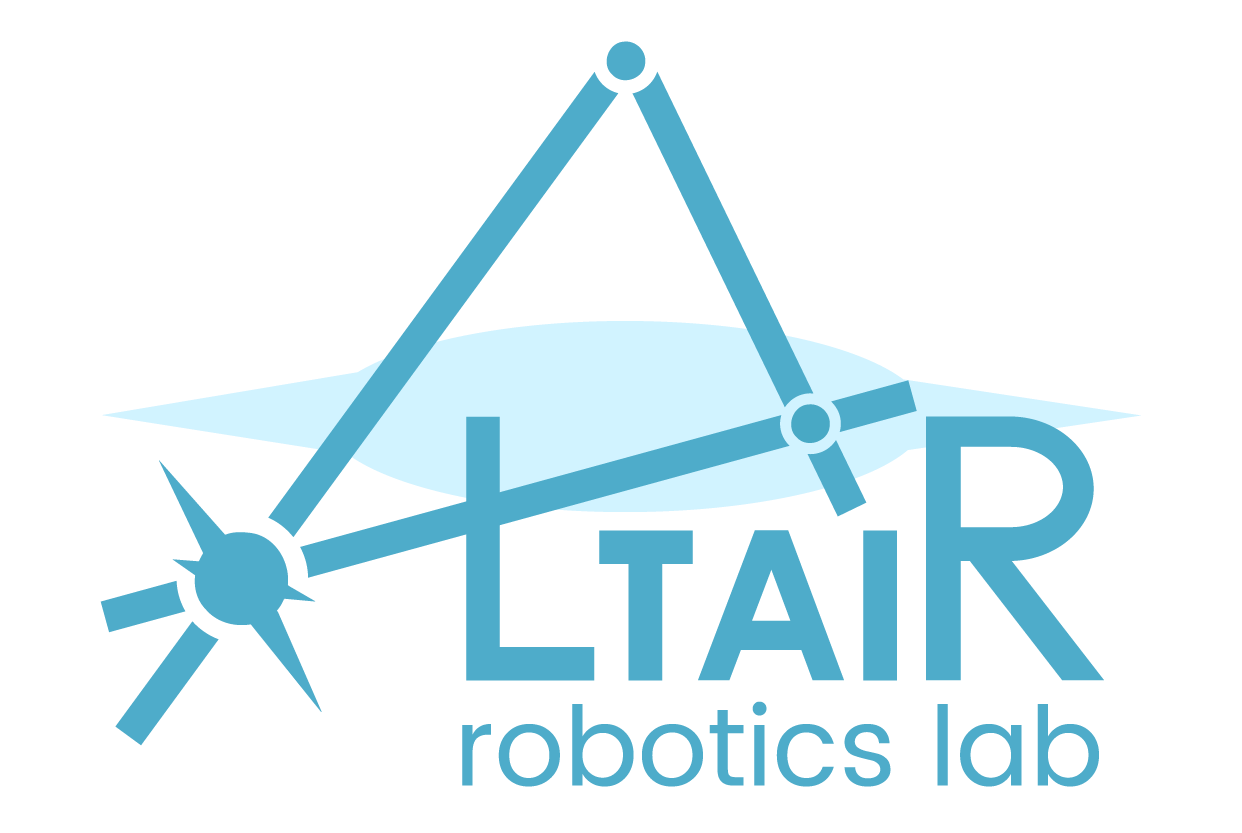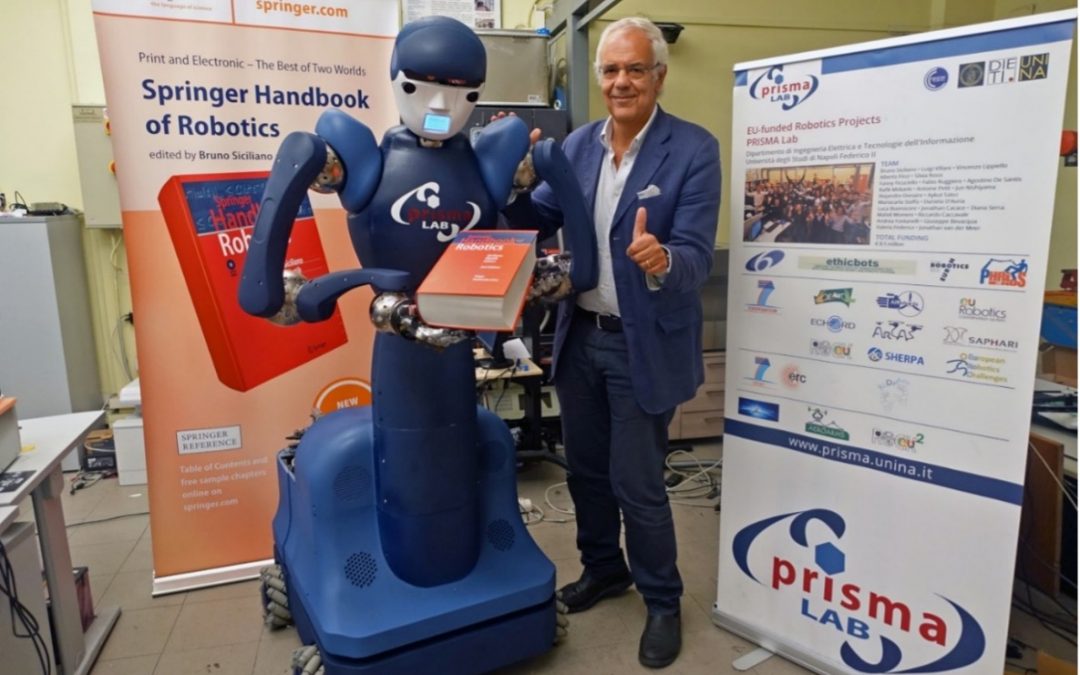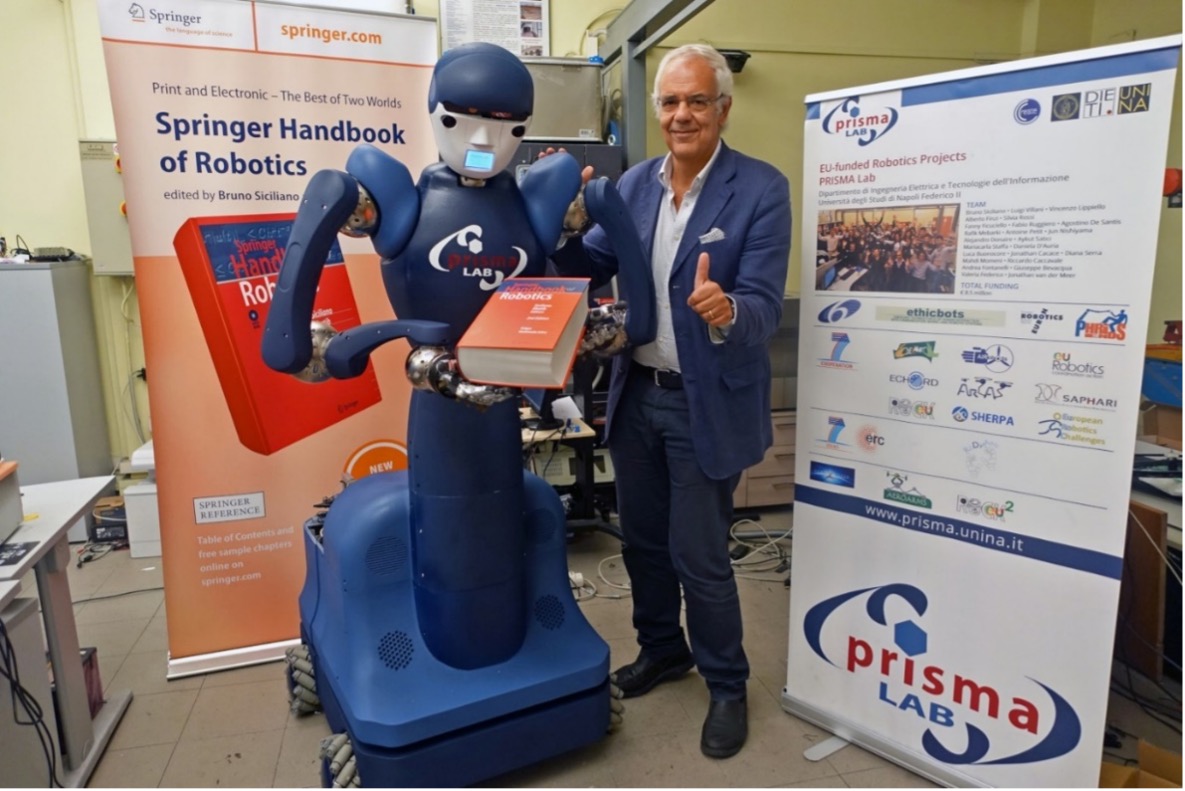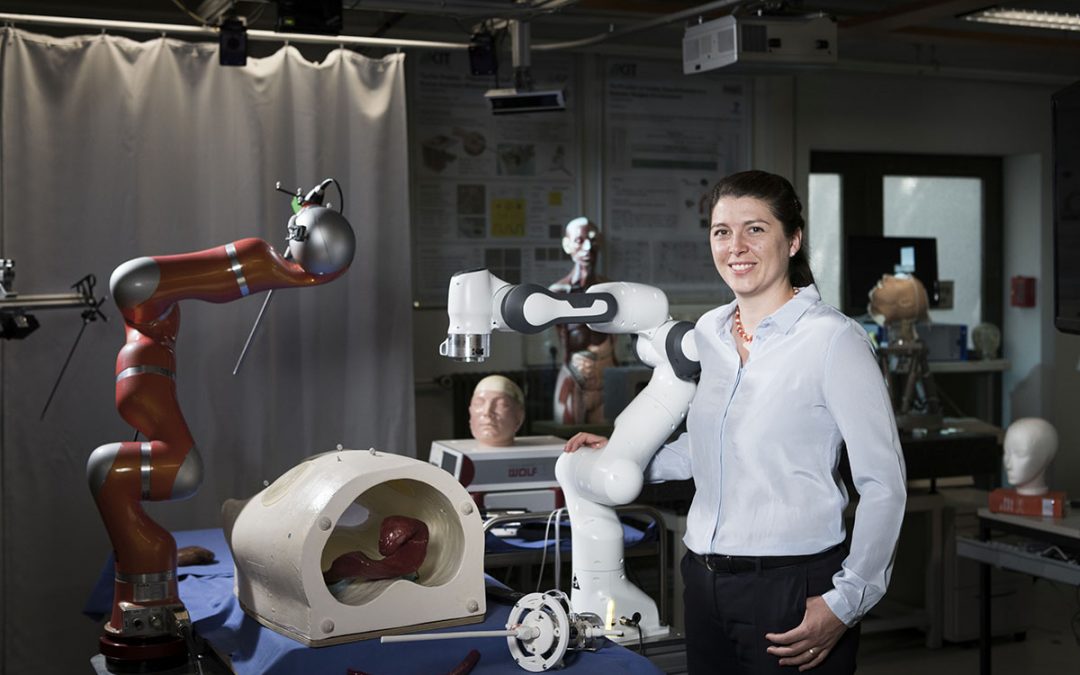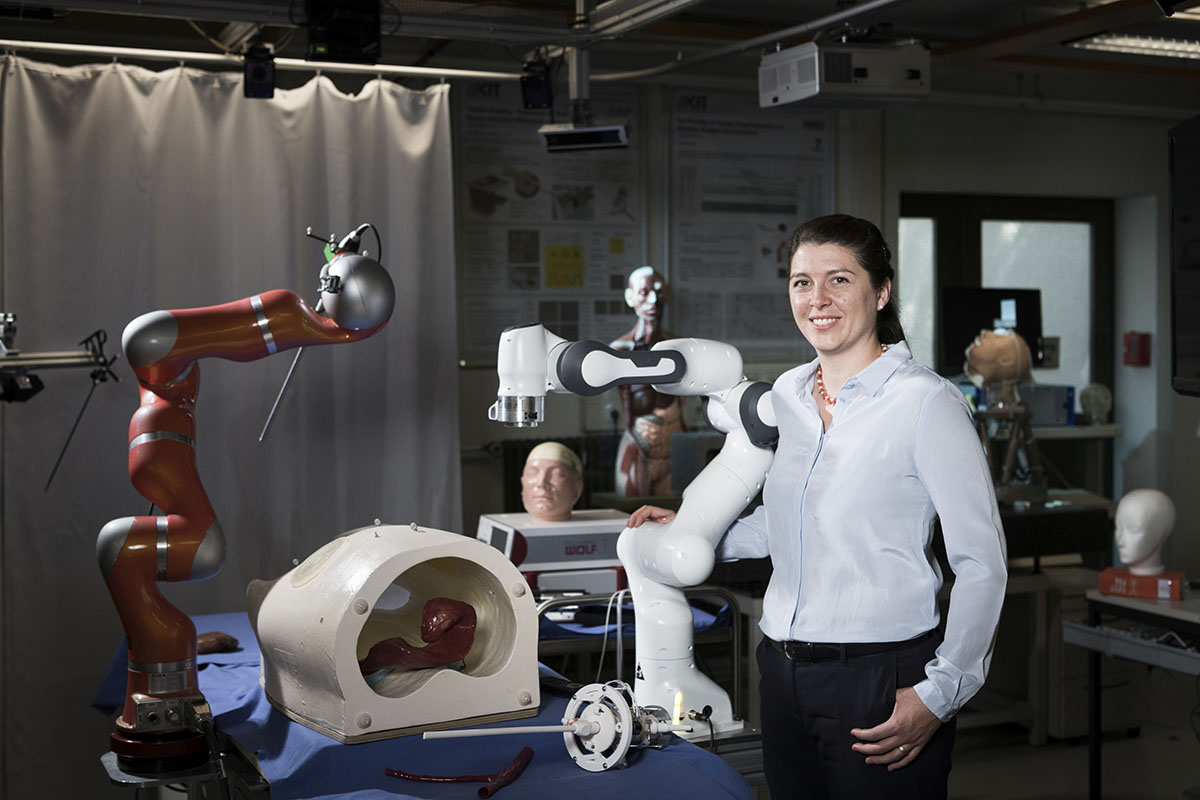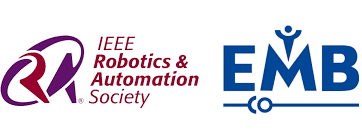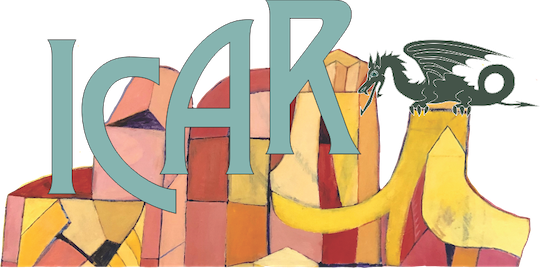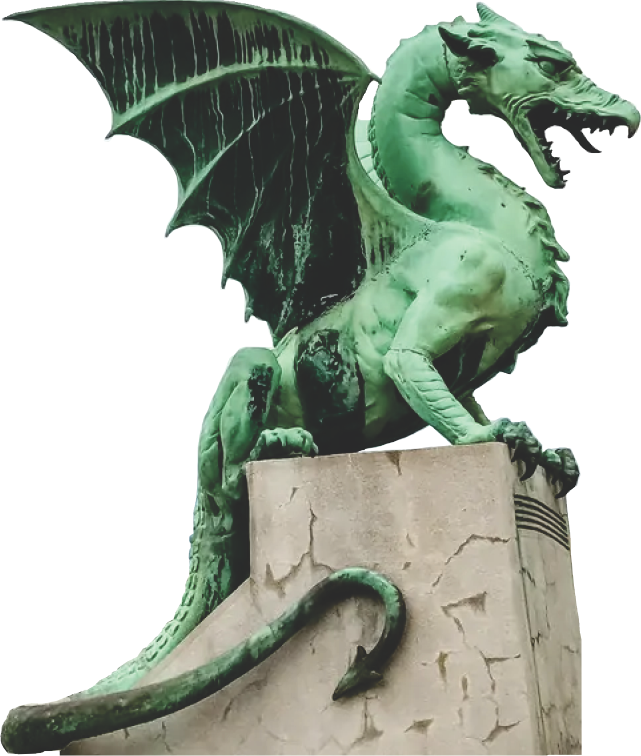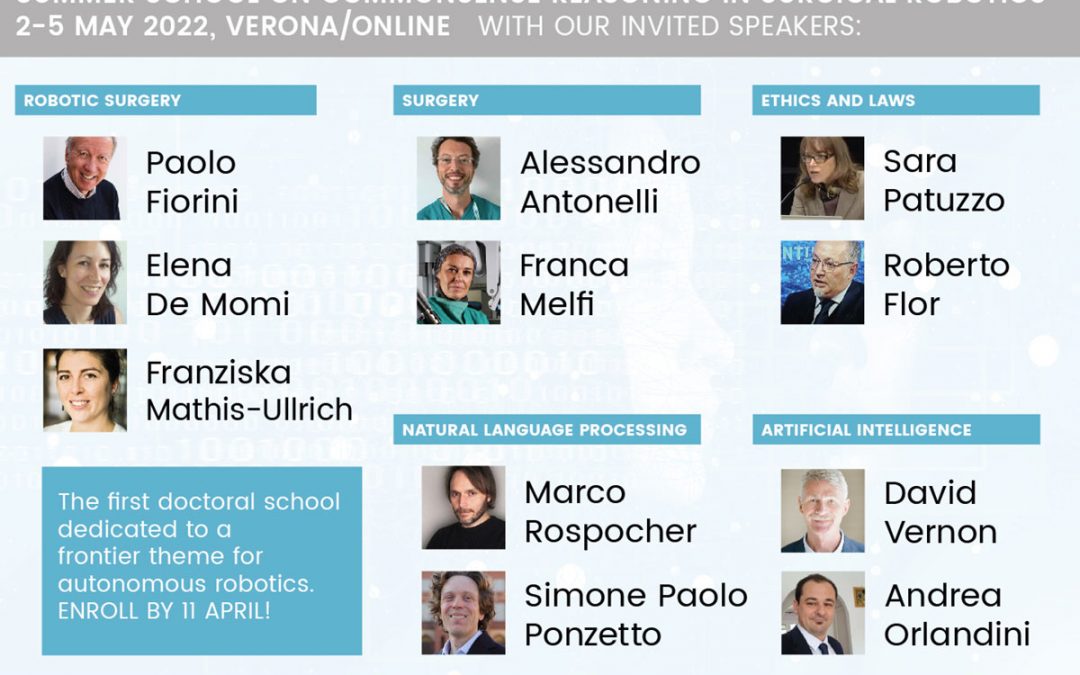
COSER Summer School – Program and Speakers
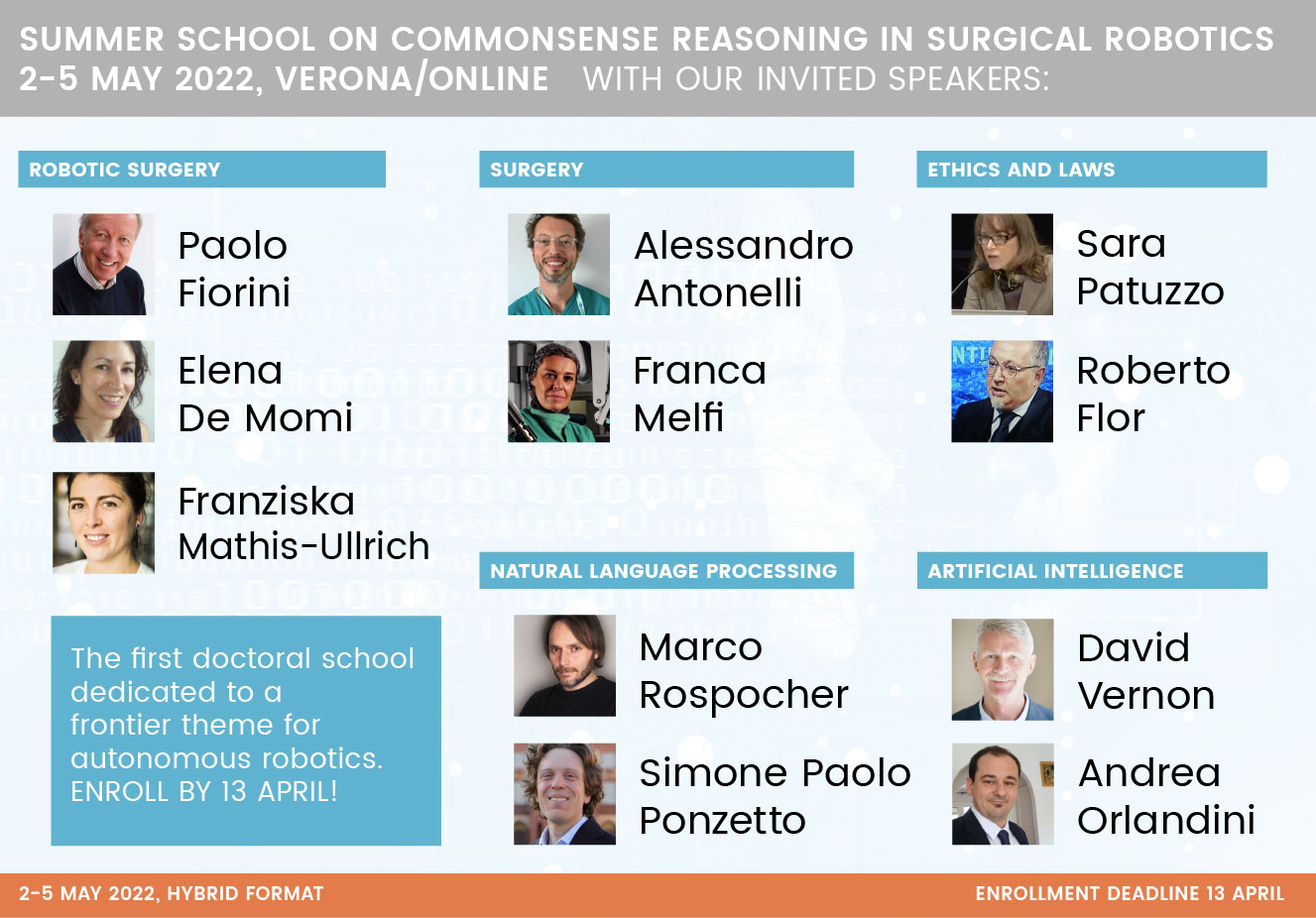
program and speakers
2-5 May 2022 at Room Verde, Department of Computer Science, University of Verona – ITALY
Last editing: 6 April 2022
| Monday, May 2nd | Tuesday, May 3rd | Wed, May 4th | Thur, May 5th | |
|---|---|---|---|---|
| 9.00 - 9:45 | ROBOTIC SURGERY Talk Fiorini | NATURAL LANGUAGE PROCESSING Talk Ponzetto | CS IN ARTIFICIAL INTELLIGENCE Talk Vernon | Q&A Legal with Flor |
| 9.45 - 10.30 | ROBOTIC SURGERY Talk De Momi | NATURAL LANGUAGE PROCESSING Talk Rospocher | CS IN ARTIFICIAL INTELLIGENCE Talk Orlandini | GROUP WORKS |
| 10.30 - 11.00 | coffee break | coffee break | coffee break | coffee break |
| 11.00 - 12.30 | Q&A ROBOTIC SURGERY with invited speakers ICE BREAKING SESSIONS | Q&A NLP with invited speakers GROUP WORKS | Q&A with invited speakers SURGERY Melfi (virtual but live) | GROUP WORKS Student activities finalization |
| 12.30 - 14.00 | lunch break | lunch break | lunch break | lunch break |
| 14.00 - 14.45 | SURGERY Antonelli (in person) | Q&A Robotic Surgery with Mathis Ullrich | ETHICS Talk Patuzzo | STUDENTS' FINAL ASSESSMENT |
| 14.45 - 15.30 | Q&A Surgery with Antonelli | GROUP WORKS | Q&A Ethics with Patuzzo | STUDENTS' FINAL ASSESSMENT |
| 15.30 - 16.00 | coffee break | coffee break | coffee break | coffee break |
| 16.00 - 17.30 | ROBOTIC SURGERY Talk Mathis Ullrich GROUP WORKS | GROUP WORKS | LEGAL Talk Flor (recorded) GROUP WORKS | STUDENTS' FINAL ASSESSMENT |
Enroll now
By 13 April fill up the registration form to express your interest to attend. Participants can join from anywhere. The number of participants is limited in accordance with the group activities. In person attendees will be advantaged.
Confirmed speakers per area
ROBOTIC SURGERY
Paolo Fiorini
Altair Robotics Lab – University of Verona
Full profile
Talk title: Commonsense in robotic surgery, unexpected need
ROBOTIC SURGERY
Elena De Momi
NEAR Lab – Politecnico di Milano
Full profile
Talk title: Commonsense in surgical robotic design
ROBOTIC SURGERY
Franziska Mathis-Ullrich
Institute for Anthropomatics and Robotics at KIT Karlsruhe
Full profile
TALK TITLE: Context-sensitive robotics in minimally invasive surgery
SURGERY
Alessandro Antonelli
University of Verona Full profile
Talk title: The advances of robotics in urology: commonsense or evidences?
SURGERY
Franca Melfi
University Hospital of Pisa Full profile
Talk title: The impact of robotic surgery on healthcare and surgical training
NATURAL LANGUAGE PROCESSING
Marco Rospocher
University of Verona Full profile
Talk title: Knowledge representation and reasoning with ontologies
NATURAL LANGUAGE PROCESSING
Simone Paolo Ponzetto
University of Mannheim Full profile
Talk title: Natural language understanding and applications
ABSTRACT: In this class I will introduce a few advancements from the past decade on computational models that can be used to represent the meaning of words and sentences in context and methods to acquire such representations from textual evidence found in corpora. Moreover, we will look at how these encode dimensions of meaning that are useful for real-world applications (e.g., document search).
ARTIFICIAL INTELLIGENCE
David Vernon
Institute for Artificial Intelligence, University of Bremen
Full profile
Talk title: Commonsense reasoning as an extended form of episodic future thinking: insights from the situation model framework
ARTIFICIAL INTELLIGENCE
Andrea Orlandini
National Research Council (CNR) Full profile
Talk title: Knowledge-based Autonomous Systems in Safety-critical Scenarios
ABSTRACT: The recent diffusion of autonomous systems (e.g., robots) in human environments entails the need of dealing with a wide range of operative and safety requirements. This lecture will provide an overview of plan-based control systems to realize safe and effective autonomous behavior for artificial agents. Particular attention will be provided to the integration of semantic technologies and formal methods to realize autonomous systems capable of exhibiting an augmented understanding of the environment and synthesizing robust plans in highly dynamic scenarios.
ETHICS AND LAWS
Sara Patuzzo
University of Verona Full profile
Talk title: Robotic surgery and artificial intelligence: bioethical issues
ABSTRACT: L’ingresso dell’intelligenza artificiale nella chirurgia ha dato vita a un settore tecnologicamente avanzato che include diversi saperi, quali in primis l’ingegneria robotica e la medicina. L’interdisciplinarietà che lo caratterizza non si esaurisce entro il campo scientifico, investendo anche il piano umanistico della riflessione, ivi comprese l’etica e la deontologia medica. Infatti, alcuni interrogativi morali si pongono alla nostra attenzione, alla ricerca di una consapevolezza e di un dibattito che li analizzi con rigore. Tra questi, a titolo di esempio, quale ruolo attribuire alla macchina considerata intelligente nella relazione con il medico e soprattutto con il paziente e, di conseguenza, la questione dell’informazione e del relativo consenso-dissenso all’intervento, oppure come valutare il rapporto tra l’efficienza del risultato atteso e l’assenza di emozione in una prassi medica dove il fattore umano può risultare non più l’unico e poi, forse, nemmeno il più decisivo.
ETHICS AND LAWS
Roberto Flor
University of Verona Full profile
Talk title: Artificial intelligence, robotics, commonsense reasoning and legal responsibilities
Enroll now
By 13 April fill up the registration form to express your interest to attend. Participants can join from anywhere. The number of participants is limited in accordance with the group activities. In person attendees will be advantaged.
